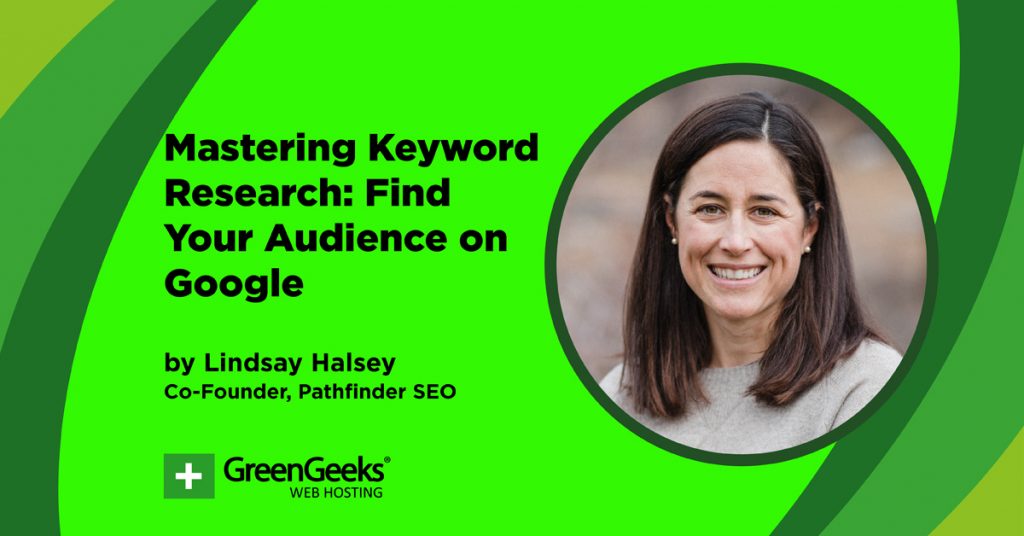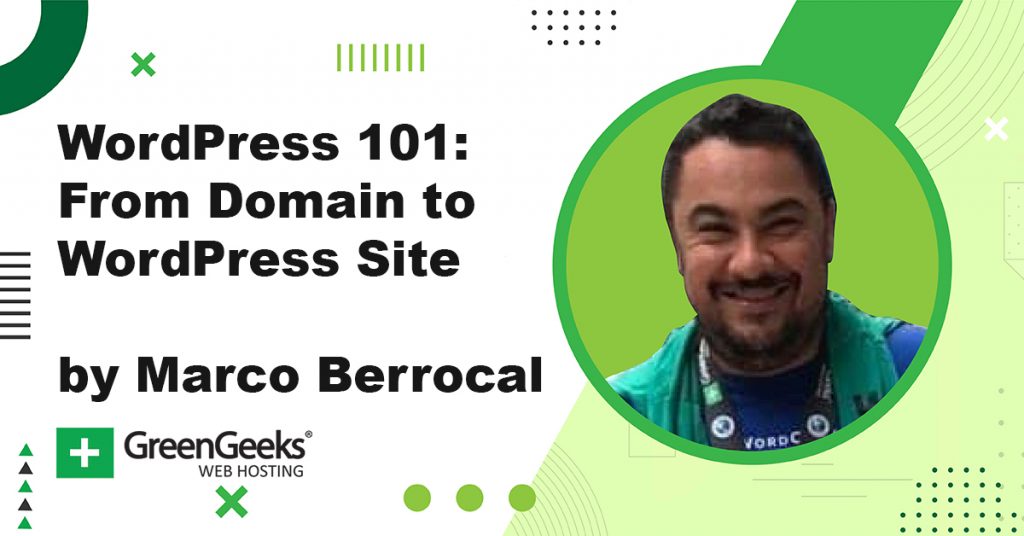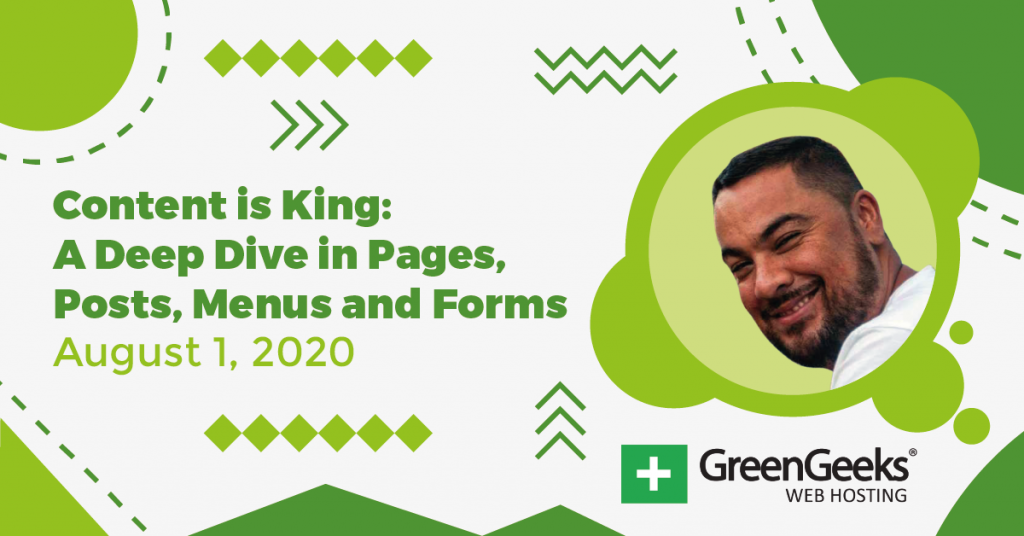If you want any website to succeed in Google search, it comes down to mastering keyword research. This, accompanied by search intent, can make a world of difference in traffic. Today, our guest speaker, Lindsay Halsey goes over the importance of this fact.
The more you understand how keywords work, the more successful you’ll be whether building a personal blog or a website for a large corporation.
It all comes down to knowing what people are searching for and why.
Understanding Keyword Research
In this webinar, you learn what “keyword research” is and how it pertains to your site. This includes anything related to your brand, the products you offer, or any services you provide.
The more information you get out there, the greater are your chances of being seen when someone performs a search for those terms.
Four Pillars of SEO
Search Engine Optimization is more than just adding the right keyphrases nowadays. In fact, Google has made leaps and bounds to help people find exactly what they’re looking for over the years.
This means knowing exactly what you provide and what people are searching.
Today, Lindsay goes over the “four pillars” of SEO and how it pertains to the success of your website. By understanding how these elements work together, you can take your website further in a shorter amount of time.
The four pillars of SEO include:
- Technical SEO
- On-Site Optimization
- Content
- Off-Site SEO
Keyword Research Process
There is a bit of a process when it comes to finding the best keywords and phrases to use for your particular site. Lindsay shows you what that process is and how to manage its layout.
Do you know who is looking for your material? What about where they are from? What kind of problem does your audience have that you can solve?
Lindsay helps you understand those questions and how you can effectively answer them.
A Specific Target Audience
Where a lot of people fail is by trying to rank for the absolute highest search terms. Unfortunately, these terms often have a slew of competition you need to surpass to be seen in Google.
When you target a specific audience for your content, brand, products, or services, the terms are easier to rank in search. It also increases the likelihood those people will read the website, buy your goods, or otherwise interact with your site.
Lindsay explains how the specific audience behaves and how it is much easier to find terms that fit your exact needs.
Setting Up a Spreadsheet
Spreadsheets, such as those available from Google Docs, can be an exceptionally useful tool. Not only that but it’s free to use as well.
Today, Lindsay shows you how to set up your own spreadsheet for keyword research and how you can get more out of the app. When used in combination with Google’s Search Console, you can quickly address the needs of your target audience.
Note: Search Console will only show how people are finding content on a website that already has content.
Using Tools for Free Keyword Research
Search Console isn’t the only free app that can help you understand how people are searching for content. In fact, the Internet is full of awesome keyword tools you can start using immediately.
Using Google’s Auto-Suggest feature in search can offer greater insight, especially if you don’t already have a site up and running.
The People Also Ask section of Google can also offer a massive amount of information regarding search. Lindsay shows you how to use this simple search feature to your advantage.
What about sites outside of Google? Something like Answer the Public can also have a wealth of information for keyword research. This website is free to use as well and can show you how people are searching for your particular keyword or phrase.
Organize and Evaluate
Lindsay also goes into detail about how to organize and evaluate your keyword research. In reality, not all phrases are going to be the best ones to focus on depending on the topics you’re covering.
Of course, this also highly depends on the traffic you’re trying to attract in the first place. After this webinar, you’ll be able to easily tell the difference.
What About Using Ads?
Advertising can help drive immediate traffic to your website. But is it always necessary? Lindsay discusses the use of ads on sites like Google and how they work.
This includes running experiments for keyword research to see just how vital some terms are for a specific audience. Because not all ads for distinct keyphrases are going to be effective for the traffic you’re trying to attract.
Local Keyword Research
Are you focusing on a website for a local business? Lindsay breaks down what “near me” searches are and how they can impact a local business through search.
This is because people often use their mobile devices to find specific needs in their area. Back in the day, we called this the phone book. Nowadays, though, this massive index has been replaced with a simple Google search.
Don’t Let a Lack of Keyword Research Hold You Back!
Researching the best phrases doesn’t have to be a daunting task. By understanding how keyword research works and the best methods to get what you need, you can start making a difference today for the success of your website.
Thank you, Lindsay, for providing a wealth of information in this webinar. It will surely help a lot of people get more out of their content.



